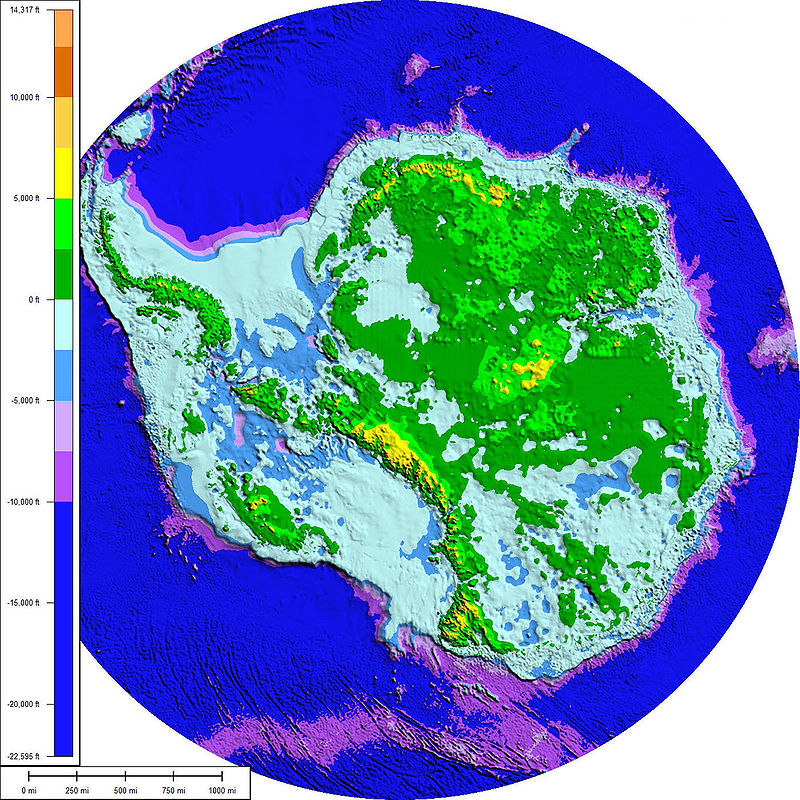- Joined
- Jun 3, 2007
- Messages
- 4,838
- Reaction score
- 3,264
Riddle me this....
If I take a glass of water fill it up, then drop ice in it - water spills over the top because ice is less dense, takes up more space.
Or said another way, say I put ice in a glass (lots of ice) then add water to the glass until it is all the way full, then let the ice melt completely. In this scenario, the water will NEVER overfill the glass, but the water line will actually recede.
Okay - how come everyone says that as the ice that is FLOATING on the ocean melts, the oceans will RISE in water levels. That makes NO SENSE to me. What am I missing Smart PhD's claim this.
http://www.msn.com/en-us/weather/to...ust-got-worse-study-finds/ar-AA9QnTy?ocid=ans
If I take a glass of water fill it up, then drop ice in it - water spills over the top because ice is less dense, takes up more space.
Or said another way, say I put ice in a glass (lots of ice) then add water to the glass until it is all the way full, then let the ice melt completely. In this scenario, the water will NEVER overfill the glass, but the water line will actually recede.
Okay - how come everyone says that as the ice that is FLOATING on the ocean melts, the oceans will RISE in water levels. That makes NO SENSE to me. What am I missing Smart PhD's claim this.
http://www.msn.com/en-us/weather/to...ust-got-worse-study-finds/ar-AA9QnTy?ocid=ans

